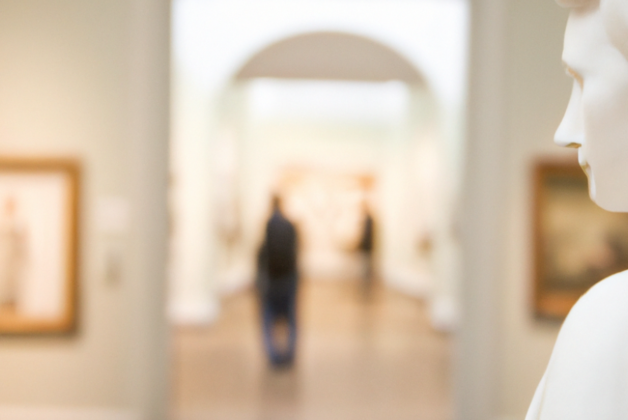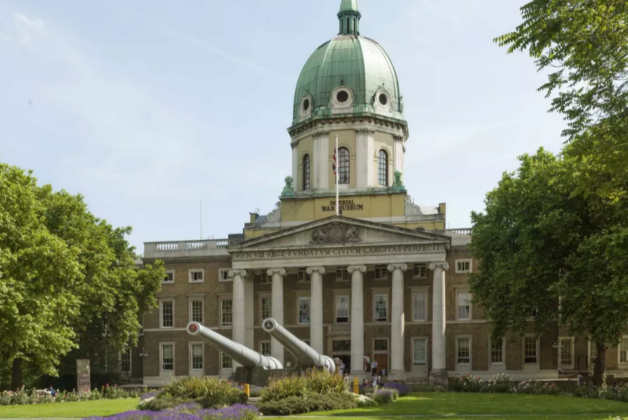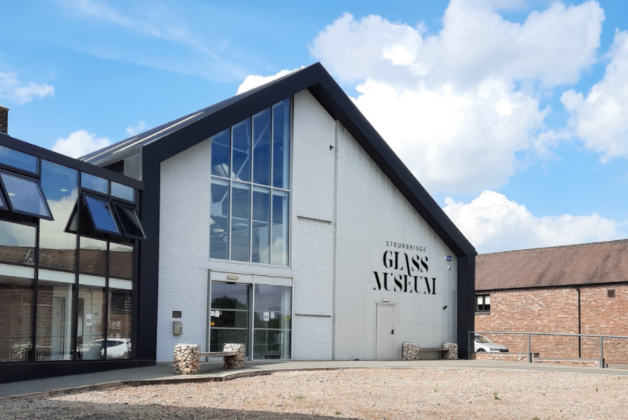Image: © Kutan Ural/Unsplash
As Covid restrictions today relax further than at any point in the pandemic, Arts Council England is urging the nation’s cultural sites to consider the reservations many people – especially those who are clinically extremely vulnerable or living with disabilities – still have about returning to their venues.
An Arts Council statements says “caution is evident among those across society who have been impacted most by the pandemic, including disabled people and the clinically extremely vulnerable”.
Many people, it continues, are “feeling frightened about revisiting creative and cultural spaces or returning to work in the sector as restrictions are removed”.
Arts Council says it “understands and recognises those worries and concerns” and, despite safety precautions no longer being mandated by law, expects measures will be put in place by individual organisations to provide all “colleagues, performers and visitors the support and flexibility they need to take advantage of reopening like everyone else”.
ACE advice
The latest guidance from Arts Council England recommends:
- Cultural organisations are required to give due consideration to the legal obligations they have under the Equality Act.
That includes ensuring they are not discriminating on the grounds of disability, and fulfilling their duties to make reasonable adjustments, considering how to make such changes where necessary. This may require them to seek independent advice. - Although legal restrictions are being removed, organisations will still need to think about how to protect people from the virus. The latest UK Government guidance includes the recommendation that in crowded and enclosed settings facemasks are still worn, which Arts Council strongly supports.
- Creative and Cultural spaces will need to consider and choose which other measures they continue to ask their visitors and audiences to take, in order to reduce the possible spread of Covid-19.
In considering which measures to maintain, organisations should consider the specific needs of disabled and CEV (clinically extremely vulnerable) people.
Arts Council strongly recommends talking with disabled and CEV employees, creative practitioners and audiences if you are not clear about their needs in relation to your organisation at this time.
Approaches will vary in different settings but may include measures such as maintaining some socially distanced performances and ensuring clear communication to disabled and CEV audience members about what safety measures are in place. - Creative and Cultural spaces will also need to consider the Seven Inclusive Principles which Arts Council England and the Department for Digital, Media, Culture and Sport endorse.
These are designed to give cultural organisations a way of delivering a reopening whilst recognising and responding to the barriers faced by disabled people.
“As the lights are switched back on in venues, the principle of inclusivity must be applied in organisations,” says Sir Nicholas Serota, chair of Arts Council England.
“Our ambition is that the sector that emerges from the pandemic is one that offers talent from all quarters the chance to succeed, one that embraces audiences from all backgrounds, and one that endeavours for its performance and exhibition spaces to be accessible to all.”
Arts Council has confirmed plans to provide further updated guidance in the coming weeks, including signposting good practice across different parts of the sector so organisations can draw on relevant and high-quality examples.
Andrew Miller MBE, chair of Art Council England’s Disability Advisory Group, says he “warmly welcomes” Arts Council’s inclusion-first approach which requires the sector to “demonstrate inclusive values and to combat ableism”.
This comes, he adds, at a time when “disabled people’s confidence returning to live events is at an all-time low”.
Stella Kanu, co-chair of Arts Council England’s Race Advisory Group, echoes Miller’s praise for the stance taken. “An inclusive recovery is vital to make sure we are all focused on being welcoming, considerate, clear, and fair to the widest spectrum of our workforce and audiences.”






